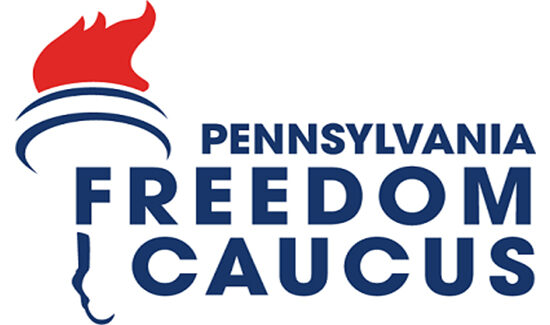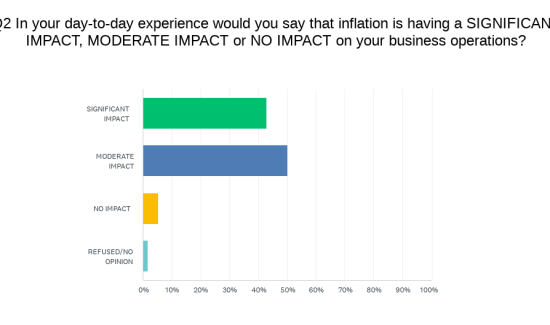(The Center Square) – Pennsylvania law makes a variety of tax credits available to businesses as a strategy to grow the economy.
Not every tax credit, however, is used for its intended purpose.
A number of tax credits can be sold in a transfer instead of getting used. A proposed bill in the House, however, would end that practice for film, video game, and concert rehearsal tax credits.
House Bill 509, introduced by Rep. Dawn Keefer, R-Dillsburg, would limit entertainment-related tax credits to companies that receive them, forbidding their transfer or sale.
“Since 2008, recipients of PA’s film tax credits have sold about 99% of their credits to companies that have nothing to do with film or TV; thus, proving that there is a greater gain by having the ability to sell the credits to large corporations,” Keefer wrote in a legislative memo.
Government watchdogs and economists, however, have argued that film tax credits don’t spur economic growth. Film and TV companies get dollars through the program, but the state itself receives pennies.
Despite those arguments, film tax credits have continued to grow. The commonwealth’s budget for 2022 gave a $30 million boost to the program, bringing it to $100 million annually.
Instead of using tax credits that go to a few companies, Keefer wants to see the General Assembly focus on broad-based tax reforms.
“Rather than reform tax and regulatory policies to make our state more competitive, elected officials continue to attempt to spur economic development through tax credits and other corporate welfare schemes awarded to government hand-selected businesses,” she said.
Tax credits have become the way to do business.
“Instead of just fixing a broken system, it’s one more handout that we do,” Keefer said. “It was a pet project that (former Gov. Ed) Rendell started to pay back some of his friends.”
Selling the credits is also a business of its own. Brokers help companies sell their tax credits when the credits exceed the tax liability they carry. The market is opaque, but nationally, selling tax credits costs states billions of dollars per year.
Within the film tax credit program, big-time names tend to win out. M. Night Shyamalan won a $5 million credit for a movie, Knock at the Cabin, that was meant to be used for small Pennsylvania-based companies. HBO’s Mare of Easttown also picked up $26.5 million.
“At the end of the day, companies sell government-awarded tax credits for cash, large corporations avoid paying taxes, and our taxpayers subsidize businesses the government deemed most worthy,” Keefer said, “with no substantial benefit to the state’s economy.”
Keefer wants, instead, to see a strategy for already-existing companies that doesn’t rely on tax credits.
“They’re trying to come up with all these different carrots to try to get them to invest and bring business to Pennsylvania,” Keefer said. “We’re setting up sweetheart deals for special companies over here; meanwhile, we’re not doing anything to help small businesses currently operating in Pennsylvania that haven’t left.”






